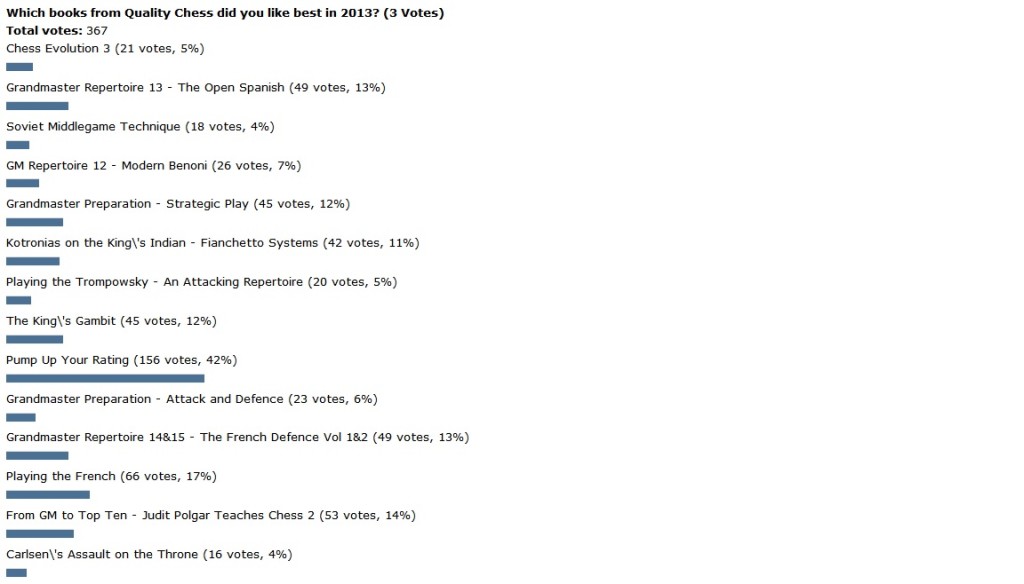In the autumn of 2013 I gave ten hours of training to a GM who has been struggling for years, unable to improve his play and slowly bleeding rating points. I felt he had certain problems in concrete positions, but in general needed to work more on improving his play.
After the sessions he sent me a long list of additional questions that I agreed to answer, if I was allowed to share them with the readers of the blog. As long as I kept his name confidential, he saw no problem with this.
As we are talking quite a lot of material, I have decided to cut up the Q&A session into five posts that will come over the summer.
This post continues from last week’s post.
6) How to accept defeat and move on during the tournament? We all know how it feels to lose a game in a long game of Chess especially after getting a very good or completely winning position or missing an excellent opportunity to finish the tournament at the very top. My question here is rather psychological.
The first thing is to accept your emotions. If you are upset after a defeat, I do not believe that you should suppress that emotion.
But it makes sense to question why you have those negative emotions. Often it is because of how we see ourselves in the situation we are in. A great saying is: Disappointment requires adequate planning! – that thing you wanted/expected, did not happen.
What are your rules for how you view chess? I try to like chess for all the positive things. When I was very young I saw it as a vehicle for my own ego, status and so on. I suffered very badly. Today I see it as an opportunity to experience all the great emotions that run through us when we play. The tension, the excitement, the thrill of winning, the stubbornness of fighting against the dying of the light.
I have come to a point where I care a lot about the effort I put in. But at times my opponents play better than me, even when I do the best I can. In those cases I might feel disappointed; but I also know that what I did wrong was perhaps not training enough, not preparing in the right way and so on. It was not my effort during the game.
I am quite a passionate tennis player. Also rather weak, but this is not so important. The main thing is that at times, when I play doubles, my partner makes a bad shot and then spirals out of control in disappointment. I am rarely affected. I know that being a weak club player means that I will make a lot of mistakes that better players do not. In the same way I know I will make mistakes when I play chess; I am a Grandmaster, but not an especially great one. By adjusting my expectations to my own play (and that of my opponent), I am better prepared to do what I really need to do:
Solve the problem: What should I play on the next move.
Results come. Game ends. We cannot force them to end as we wish. What we can do is learn to solve the problems in front of us better and to improve our persistence in doing so.
7) I always try to avoid a Queen Exchange and kind of avoid playing endgame. Funnily Endgame comes very rarely in my games and if it comes then it becomes quite clear most of the time. Should I deliberately change this approach?
Read more…


Recent Comments